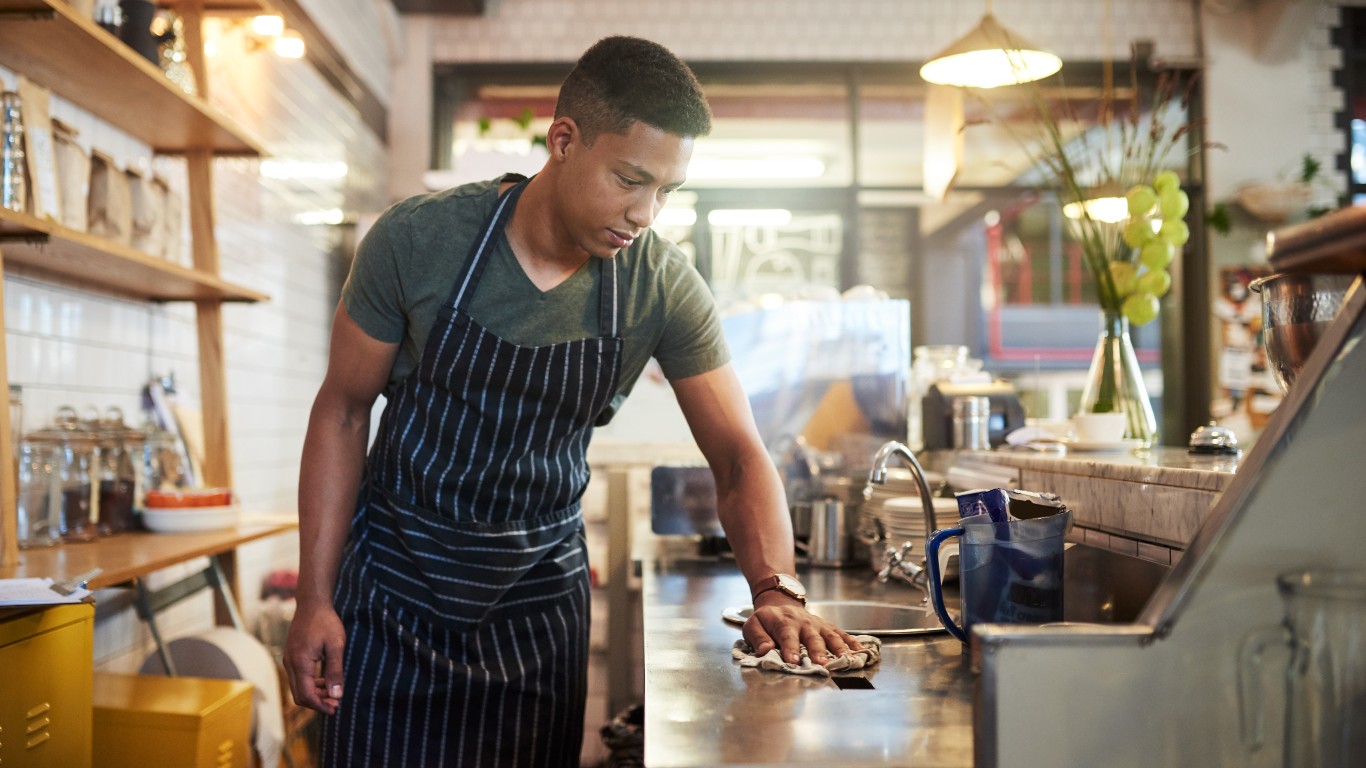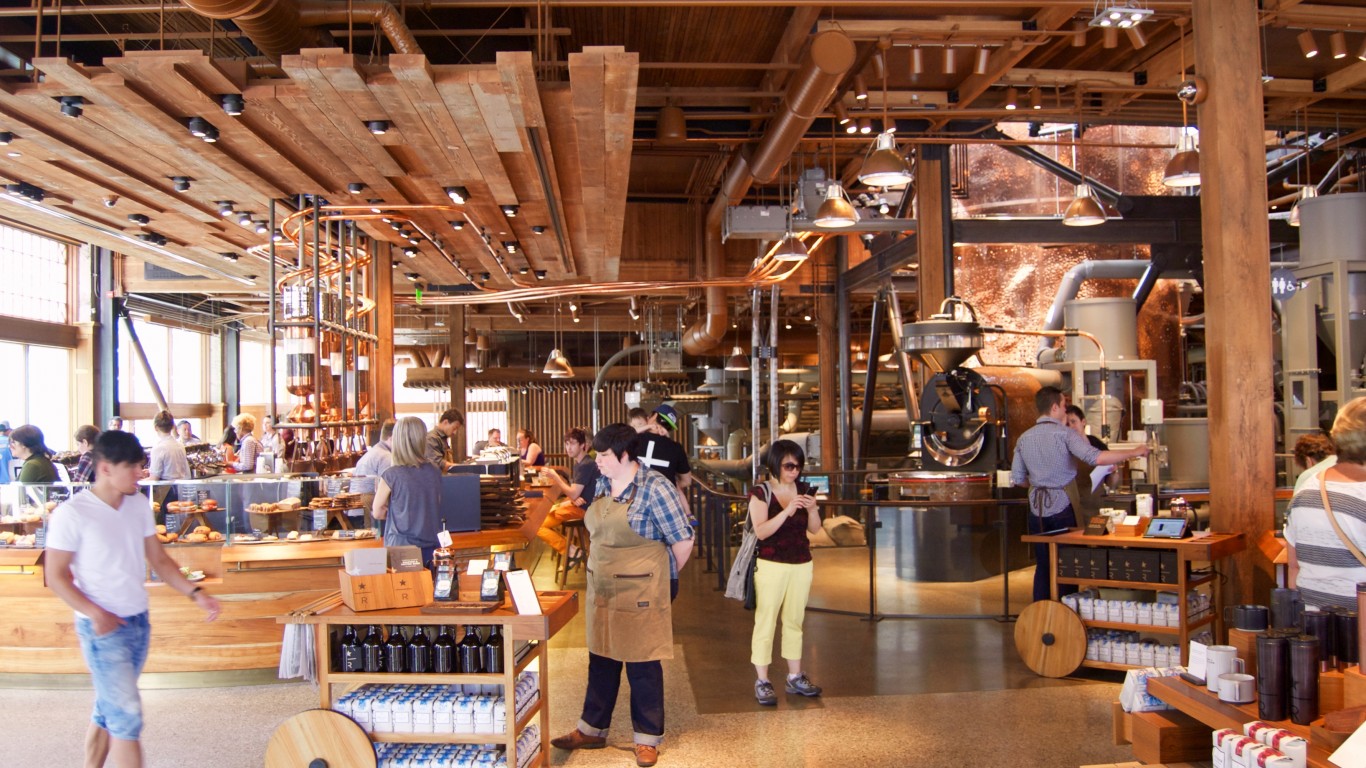The new coronavirus, COVID-19, is affecting many areas of life internationally, with whole regions and even countries closing borders. Italian authorities took drastic measures, imposing a nationwide lockdown to slow the spread of the worst outbreak of the coronavirus in Europe.
One area that is being particularly hard hit is the hospitality industry, as travellers cancel trips, diners stay home, and planned major events are now routinely postponed, cancelled, or move online. Many hotels and eating places depend on events to make their yearly profit.
One example is the cancellation of February’s Mobile World Congress in Barcelona, the world’s largest mobile phone trade show (it drew 100,000 attendees last year). The direct losses by the lodging, food, and transportation industries from the cancellation are estimated at $480 million. (Read more about how the coronavirus will harm businesses in 2020.)
Because the virus originated in China, Chinese restaurants have been especially hard hit. The trade publication Restaurant Hospitality reported that business was down some 70% in New York City’s Chinatown alone, and Eater cited at least a 50% decline in Chinatown dining in San Francisco and Oakland. The New York Times pointed out that the spread of the coronavirus could be particularly catastrophic for small businesses, restaurants included.
While restaurant visits will most likely decline, indications are that food delivery services like DoorDash and Uber Eats could see increased business. This could mean a surge in demand for such items as the 15 most popular food orders in America.
On Tuesday, Nation’s Restaurant News outlined four tools restaurants can use to help counter the effects of COVID-19. One of these is a device that would ensure employees wash their hands correctly (see Pittsford Pub & Grille below).
Other measures include HandScanner, which uses fluorescence spectroscopy to detect the presence of viruses and bacteria on workers’ hands; an app called Zedic, which offers virtual health advice, including action plans for dealing with foodborne illnesses (coronavirus included); and the National Restaurant Association’s ServSafe, an online certification and assessment course in hygiene.
Meanwhile, some restaurants — both independents and massive chains — are dealing with the crisis in various ways. Here are seven examples.
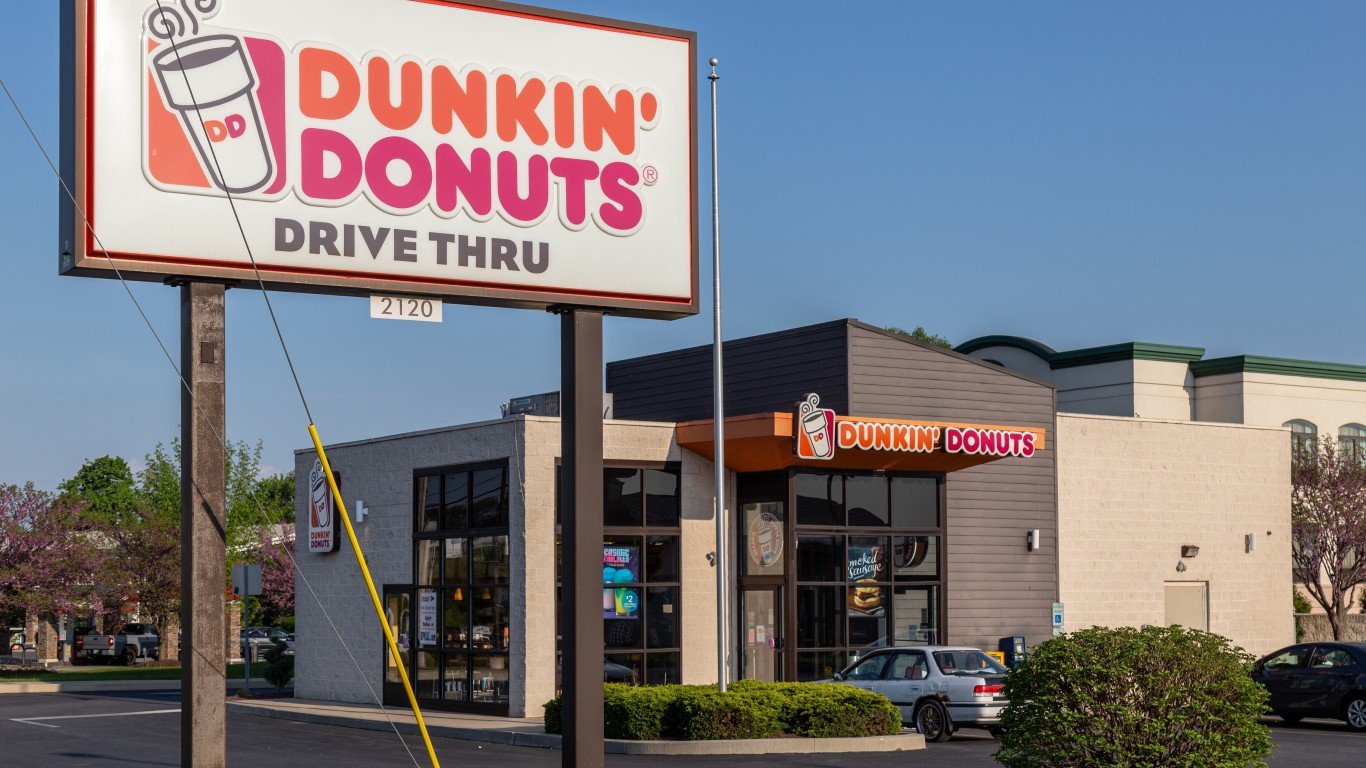
Dunkin’
This coffee, doughnut, and sandwich chain — formerly known as Dunkin’ Donuts — has created a task force to address the crisis. In a statement to Nation’s Restaurant News, a Dunkin’s spokesperson said, “We are also holding virtual town halls with our employees and franchisees to address concerns and to reinforce good sanitation practices across our franchised system and to remind everyone to be vigilant to help minimize exposure.”
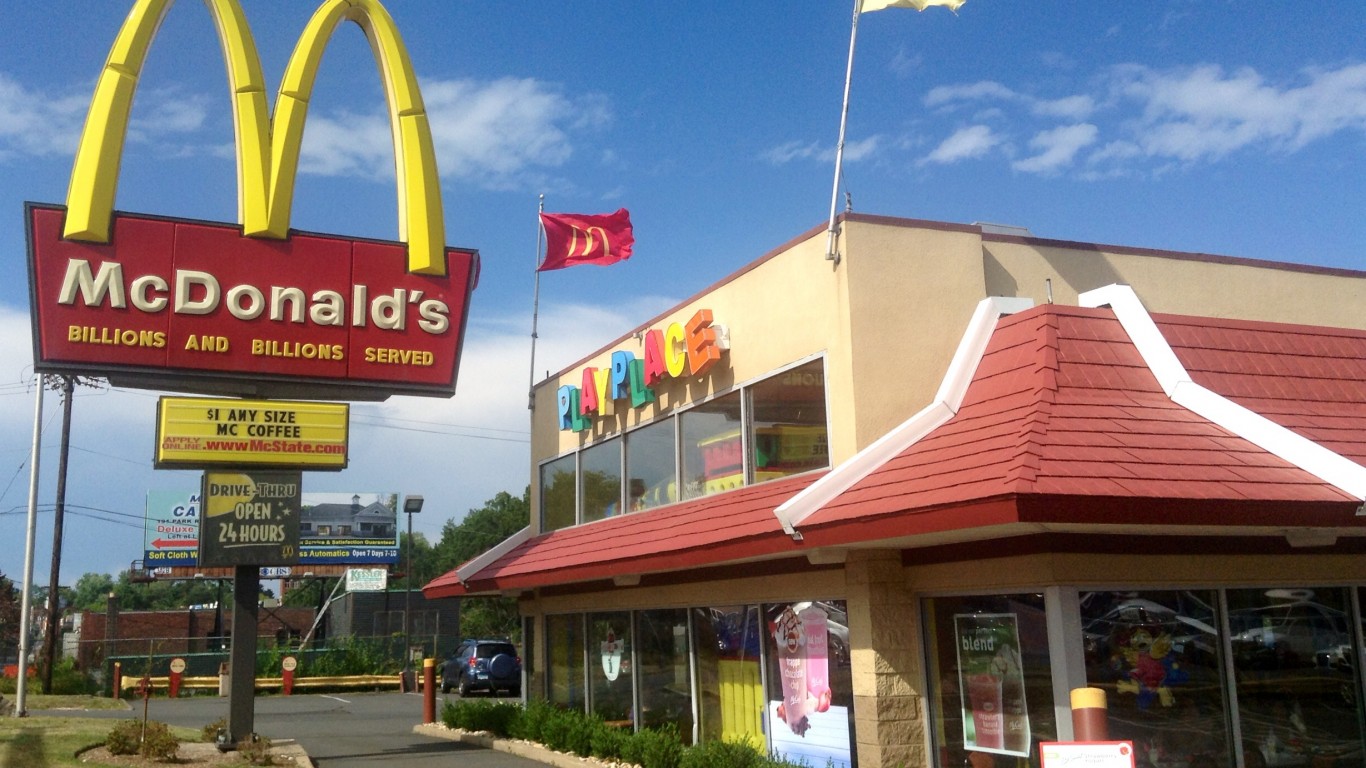
McDonald’s
The country’s (and world’s) leading burger chain hasn’t yet reported any employees who contracted the virus, but it announced Tuesday that it would pay any company-store workers who were requested to self-quarantine for 14 days. It is unclear whether franchise units would pursue the same policy, but many have sick-leave guidelines already in place.
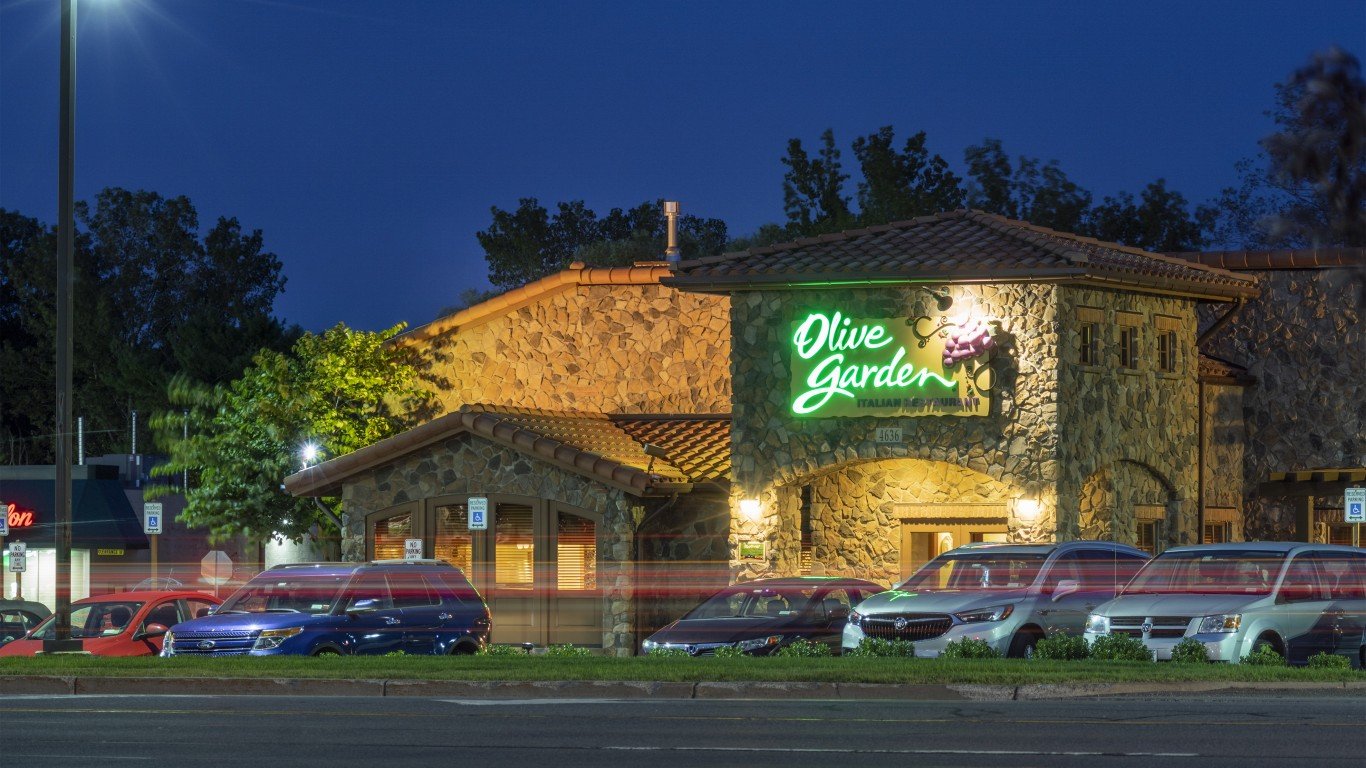
Olive Garden
Darden Restaurants, the parent company of this Italian dinner-house chain, has announced that about 180,000 hourly workers at Olive Garden and other Darden chains — including Longhorn Steakhouse and Cheddar’s Scratch Kitchen — will now qualify for paid sick leave. The policy is not directly related to the coronavirus, but it was instituted more quickly than had been planned in response to the pandemic.
It’s unclear whether quarantined employees who weren’t actually sick would qualify for paid sick leave, and in any event the leave accrues at the rate of one hour for every 30 hours worked. To get paid in full for a 14-day quarantine, assuming that the period spanned 80 work hours (more than most food service employees typically log), would thus require 60 weeks — 14 months — of employment.
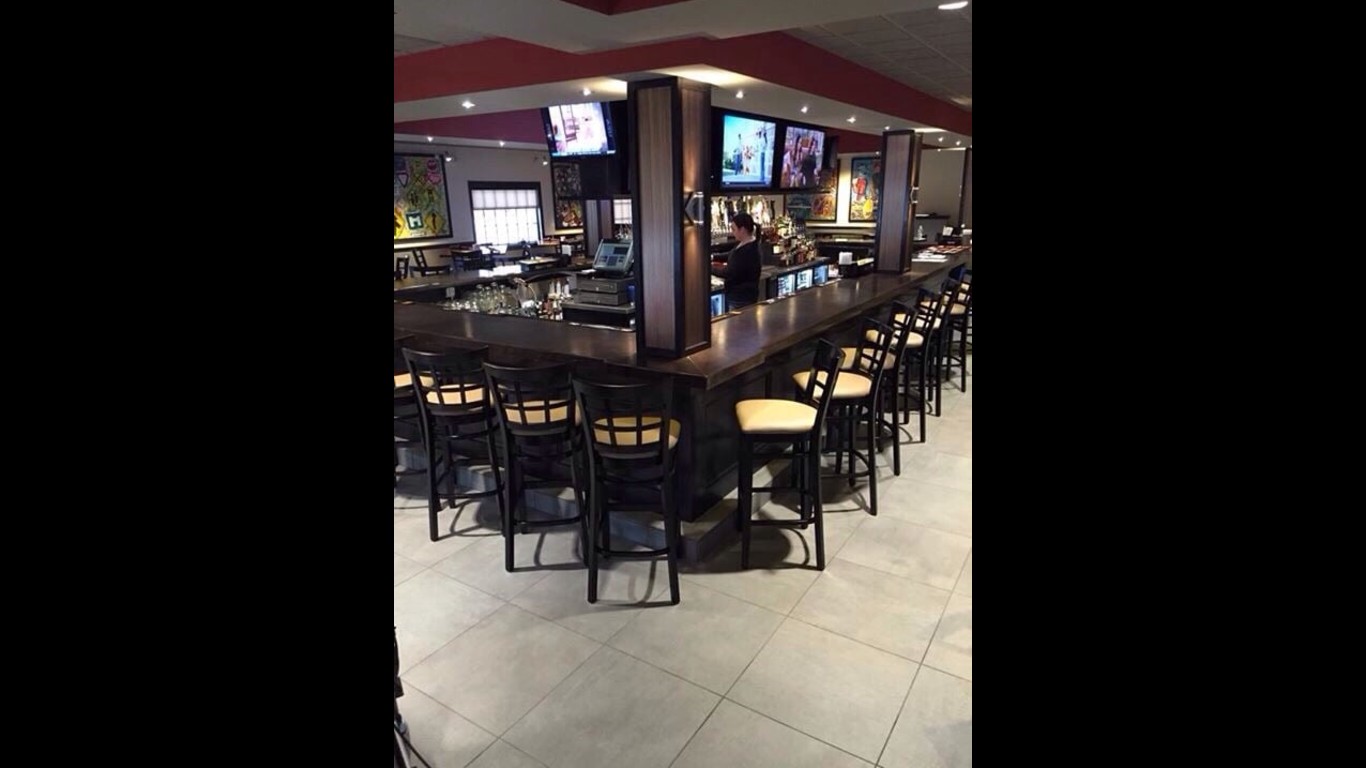
Pittsford Pub & Grille
This standalone restaurant in suburban Rochester, New York, has installed a device called Hand Wash Coach on a test basis. Attached to a sink used by employees, the Coach tells users to dampen their hands for three seconds, apply soap, rub their hands together for 15 seconds, then dry their hands with paper towels. It also keeps track of how often each employee scrubs down. The system, including a camera and a monitor, costs about $1,200 per sink.
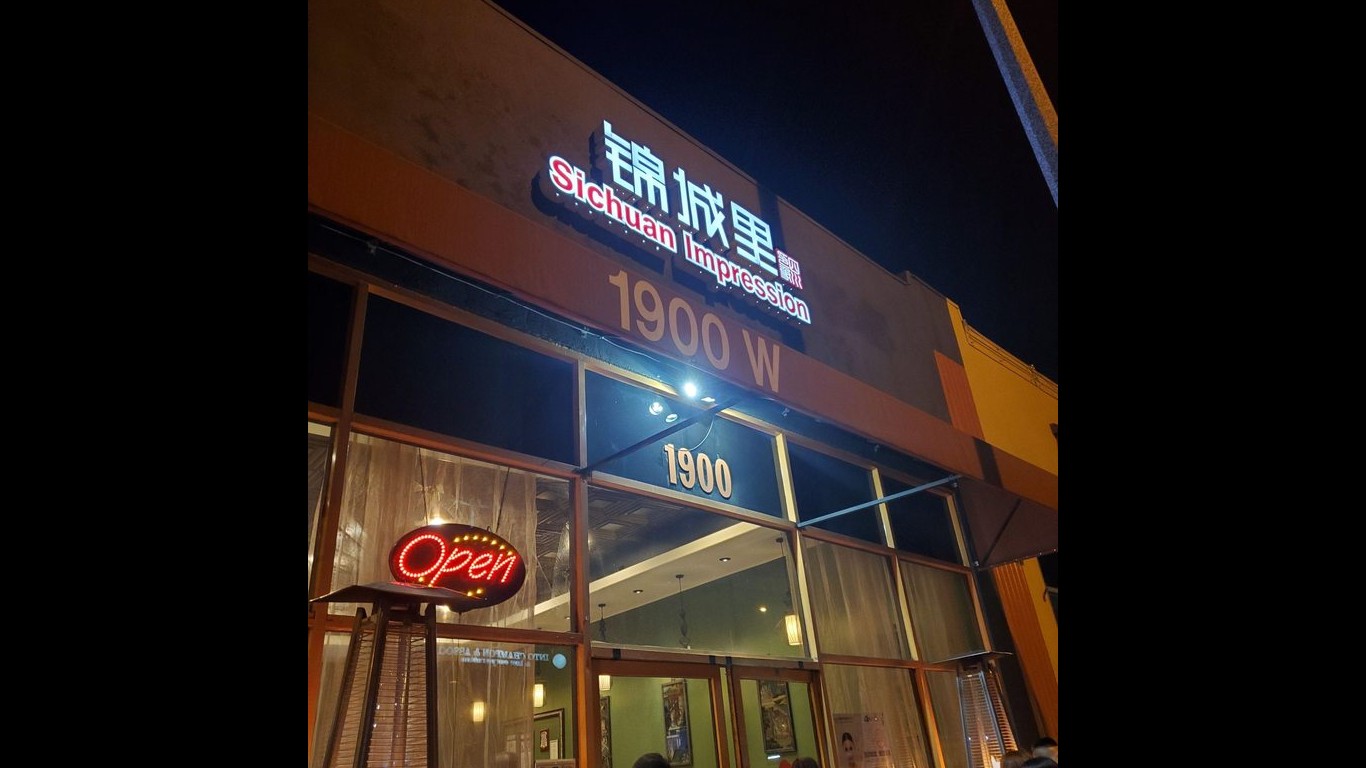
Sichuan Impression
This small Southern California Chinese restaurant chain, with units in Tustin, Alhambra, and West Los Angeles, has begun taking the temperature of potential customers before they enter. Those who refuse to submit are encouraged to order takeout and given a 5% discount if they do. The restaurant is also offering free delivery “for a limited time” to customers within 5 miles of its Tustin location.
Starbucks
Starbucks shuttered its Seattle Reserve store for three days after an employee there tested positive for the virus. (The store is one of six elaborate coffee emporiums on three continents featuring exclusive coffee roasts and blends, unique drink offerings, semi-automatic as opposed to fully automatic espresso machines, and on-premises roasting facilities.)
The store was deep-cleaned, and any employee who had worked with the affected person was sent home to self-quarantine for 14 days. The company is paying the stay-at-home staff for its scheduled shifts. It has also released guidelines revising store cleaning policies, pausing the use of personal coffee cups, and restricting business travel by management.
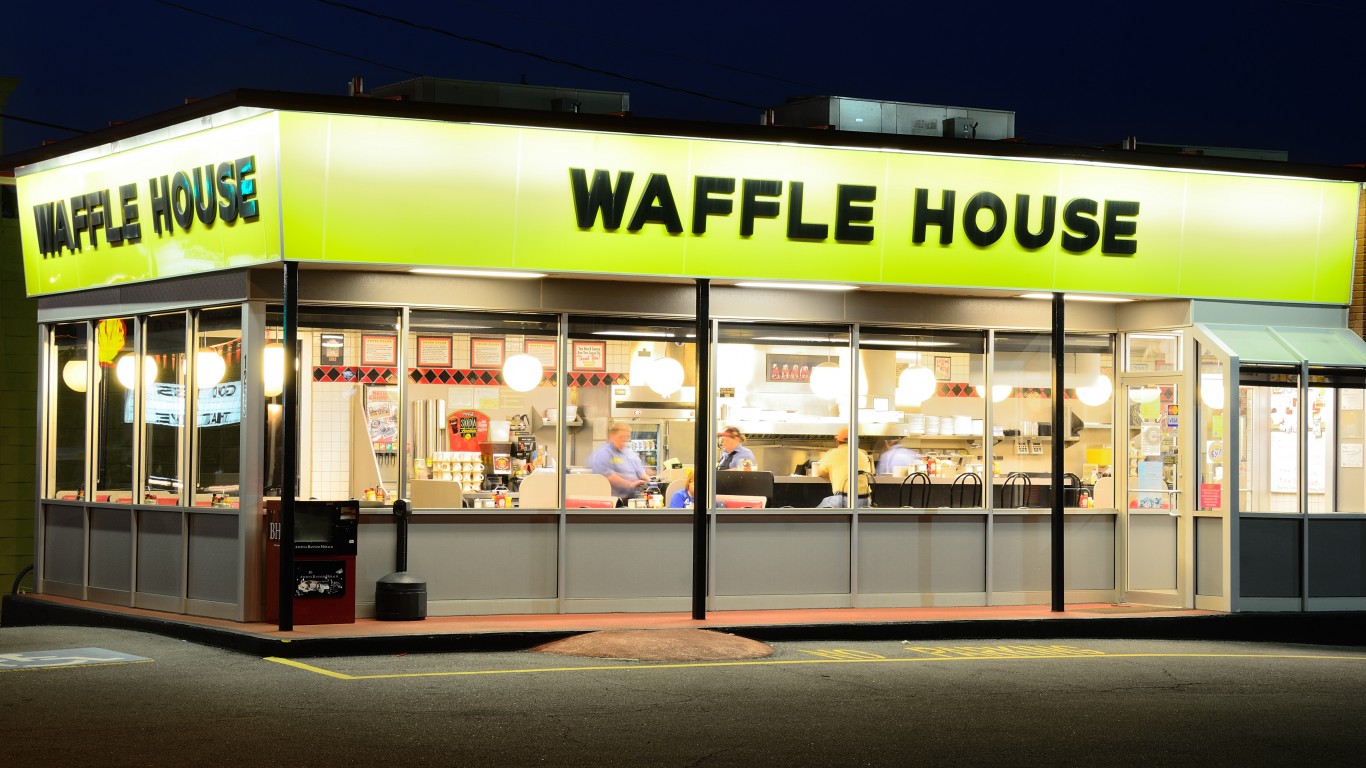
Waffle House
After a worker at a Waffle House in Canton, Georgia, near Atlanta, was found to have the COVID-19 virus, the location was closed and thoroughly sanitized. The affected employee was briefly hospitalized, then sent home under quarantine, and anyone who worked the same shift as the patient has also been requested to self-quarantine.
